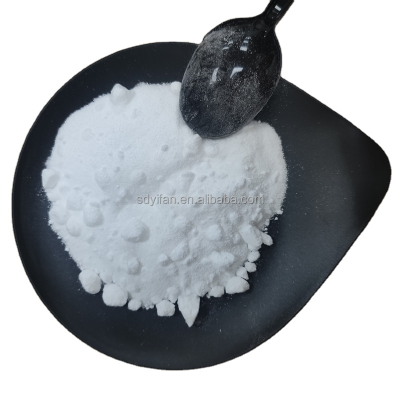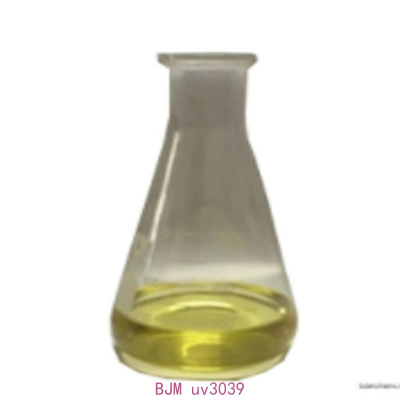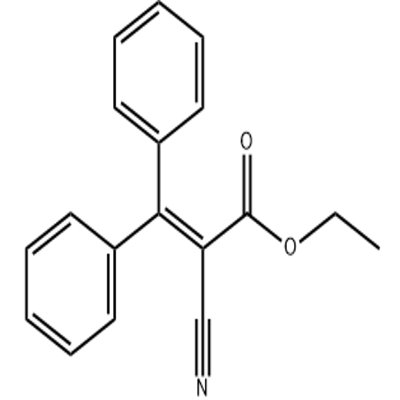-
Categories
-
Pharmaceutical Intermediates
-
Active Pharmaceutical Ingredients
-
Food Additives
- Industrial Coatings
- Agrochemicals
- Dyes and Pigments
- Surfactant
- Flavors and Fragrances
- Chemical Reagents
- Catalyst and Auxiliary
- Natural Products
- Inorganic Chemistry
-
Organic Chemistry
-
Biochemical Engineering
- Analytical Chemistry
- Cosmetic Ingredient
-
Pharmaceutical Intermediates
Promotion
ECHEMI Mall
Wholesale
Weekly Price
Exhibition
News
-
Trade Service
Driven by industry sustainability trends
Driven by industry sustainable development trends Driven by industry sustainable development trendsAs the world economy picks up, although the impact of the new crown pneumonia epidemic still exists, the capacity utilization rate of refineries and the demand for refining catalysts are gradually returning to pre-epidemic levels
.
In addition, under the demand of environmental protection, the regulation of desulfurization fuels and sustainable development strategies are promoting the innovation and research and development of the refining catalyst industry, driving the rebound in the demand for refining catalysts
The severe impact of the epidemic will weaken
The severe impact of the epidemic will weakenMarket participants believe that the new crown pneumonia epidemic has seriously damaged the refining industry, which in turn has affected the refining catalyst industry, but this impact is about to end, and the demand for refining catalysts will also recover
.
Chris Jeziak, sales and project manager at Catalyst Group Resources (TCGR), said: "The global loss of refining capacity of approximately 6 million barrels per day in 2020 is the worst impact of the epidemic on the refining industry
Refining catalyst maker Honeywell said that currently, demand for refined fuels remains below pre-pandemic levels, limiting refining catalyst demand
.
Refinery capacity announced to close between 2020 and 2025 is about 4.
Demand for transportation fuels in most major consuming economies has returned to pre-pandemic levels, said Tom Petty, president of Grace's refining technology division
.
While the COVID-19 pandemic, global geopolitical issues, inflation and supply chain disruptions remain, and many uncertainties remain in the global economic recovery, transportation demand will remain robust throughout the year
At the refining catalyst level, Jeziak said that the catalytic cracking (FCC) catalyst market has been hit the hardest by the COVID-19 outbreak
.
This year, FCC catalyst prices may return to pre-pandemic levels, with demand returning to pre-pandemic levels in 2022-2023
Environmental needs bring new opportunities
Environmental needs bring new opportunitiesMarket participants believe that the pressure on environmental protection in the refining industry will help the development of the refining catalyst industry
.
Stringent fuel environmental standards are a driving force for innovation, contributing to the development of advanced refining catalysts and bringing benefits to the industry
In terms of fuel desulfurization, Bob Rileyveld, vice president of research and development for Albemarle Catalysts business, said that Albemarle's portfolio of hydrotreating catalysts and solutions can be used to help refiners meet the latest sulfur specifications for gasoline, middle distillates and marine fuels
.
Grace also has a line of desulfurization catalysts for cleaner fuels, Petty said
Refining catalysts are closely related to the refining industry's efforts to reduce carbon dioxide emissions and also determine whether the refining industry can adapt to the production of renewable fuels and the co-processing of biomass feedstocks
.
Petty said that new biomass feedstocks will bring new and unique challenges to refinery operations and new opportunities for the refining catalyst market
TCGR President John Murphy believes that electric vehicles and the introduction of biomass feedstocks are factors affecting the growth of FCC and hydrotreating catalysts though
.
Among them, electric vehicles will slowly reduce the demand for refining catalysts starting in 2030
.
The use of biomass feedstocks in the refining process does not necessarily reduce the demand for catalysts, but requires the use of different process technologies to process bio-based and petroleum-based feedstocks, which is beneficial to the development of refining catalysts and brings added value
.
Murphy said current refinery catalyst technology developments are focused on co-processing of pyrolysis oil and plastic waste streams, and how standard refinery equipment handles second-generation biomass feedstocks
.
Major refining catalyst producers are focusing on R&D to address the issue of heavy feedstocks, or to increase refinery production of propylene and butene chemicals
.







